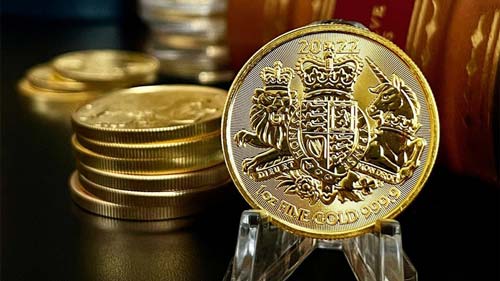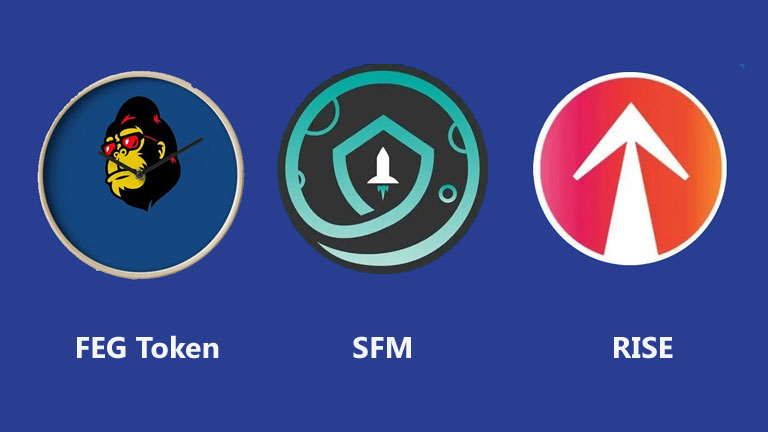
What does money resemble? Traditional currency is normally made up of paper notes and coins, however, the answer varies based on where you reside. Even if you don’t recall the precise faces adorning your country’s currency, it is very easy to envision what cash looks like without having to open your wallet.
As it is becoming more and more popular, here are a few things you need to know about digital currency.
Bitcoin is considered a digital currency
Bitcoin is a cryptocurrency, which means it’s a digital currency protected by cryptography or codes that can’t be read without a key. Although Bitcoin is not the only cryptocurrency in the world (there are over a thousand), it is the most widely used.
It is an extremely fast cryptocurrency
Bitcoin transfers are considerably quicker than regular currency transactions. Because blockchain is immutable, there is no need for an intermediary (such as a bank) to spend time and money ensuring the transaction’s authenticity. That is not the case with cryptocurrency, a digital currency that has gotten a lot of attention in recent years, with crypto businesses looking to market services like those available on Coinboosts to help them get their names out there even more.
It is not accepted by everyone
It has risen in popularity, with an increasing number of e-commerce sites and brick-and-mortar establishments adopting the money. However, it is still not as commonly recognized as regular money.
Before leaving your cash or credit cards at home and spending your crypto at a certain location, it is a good idea to check with them about their policy beforehand. There are additional websites that list digital currency-accepting companies.
Digital currency is very volatile
Bitcoin has a similar quality to gold and other precious metals in that it is relatively scarce. The algorithm that regulates bitcoin creation, has a deadline of 2140. There will be no more bitcoins contributed to the global economy after that year.
When an asset is in short supply, it might be a good investment, but it can also be risky. Bitcoin investors have not exactly had it easy, as any cryptocurrency observer will tell you.
They’re subject to taxation
Of course, it depends on the nation in which you reside. However, since cryptocurrencies have become mainstream, tax authorities throughout the world are scrambling to ensure that they receive a piece of the virtual pie. Many jurisdictions demand that you pay taxes on your virtual currency gains. As a result, double-check your country’s legislation.




